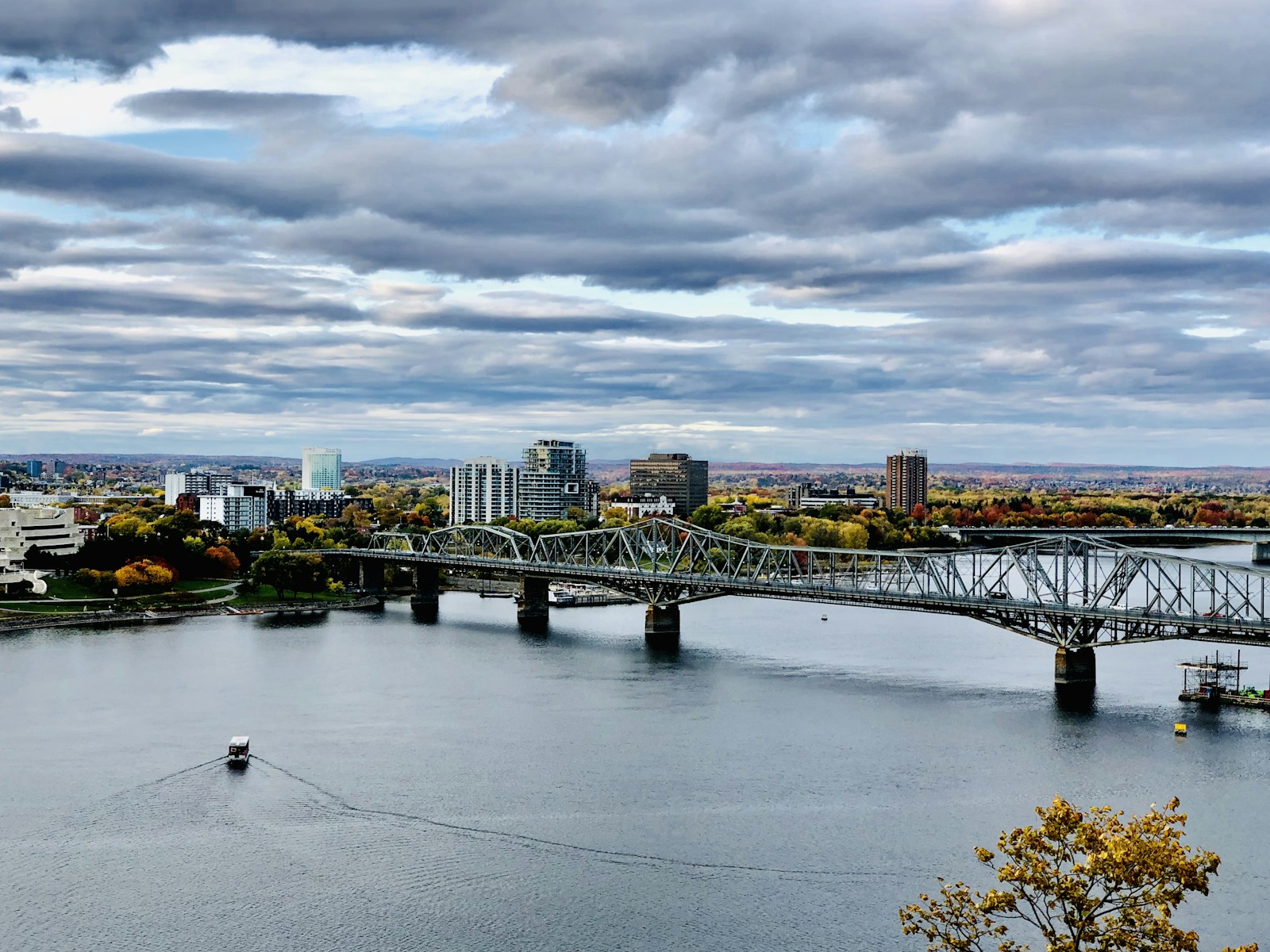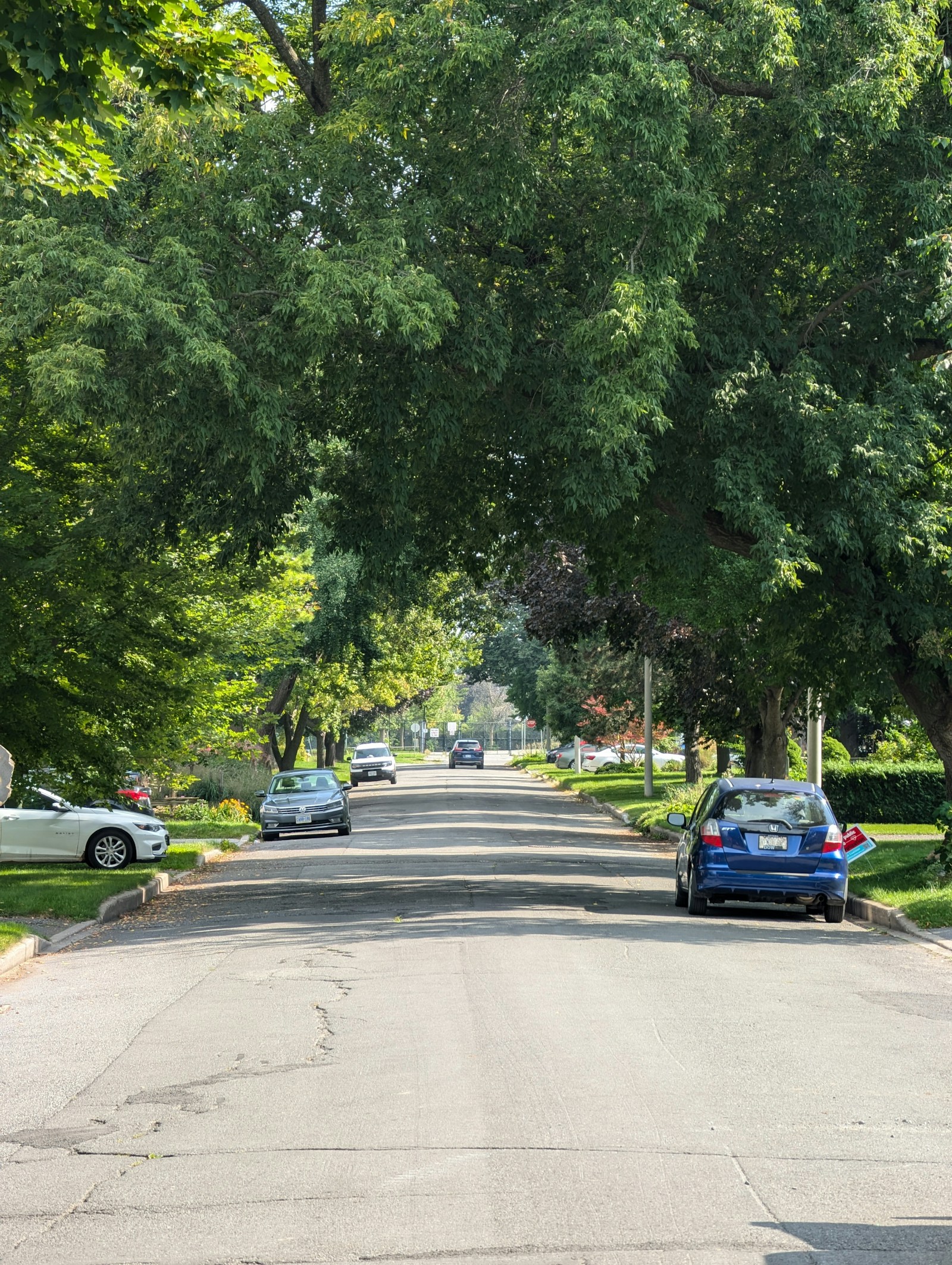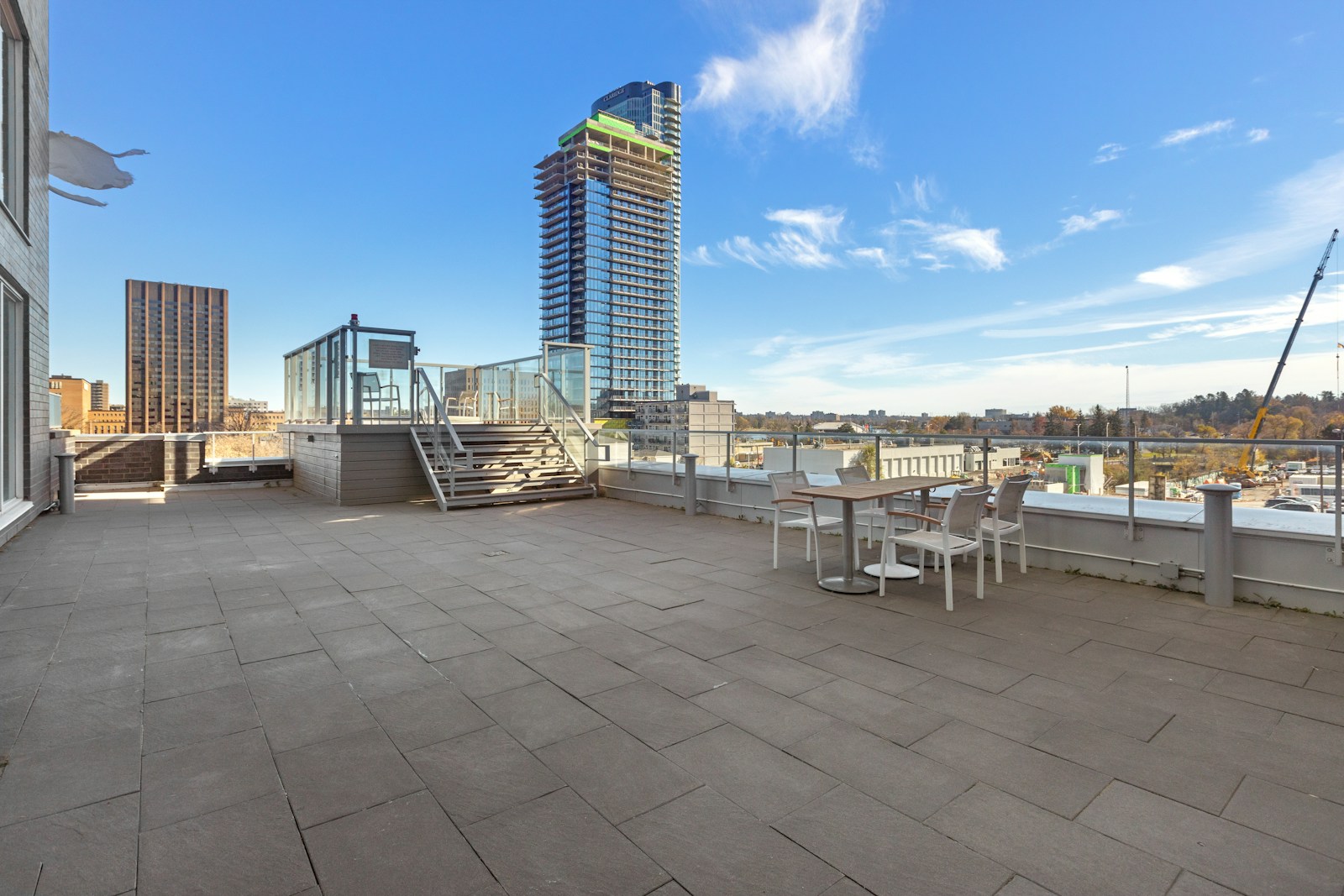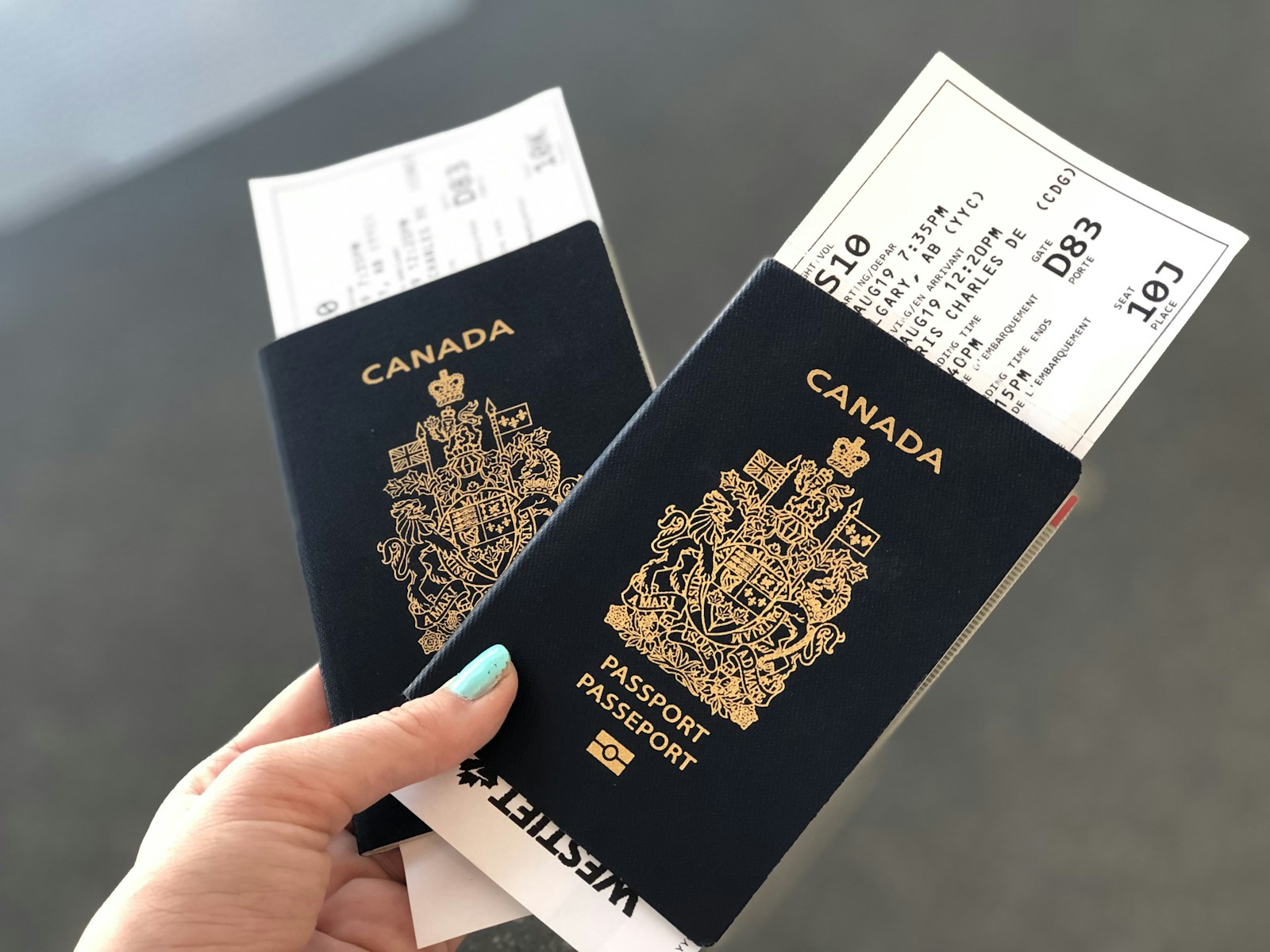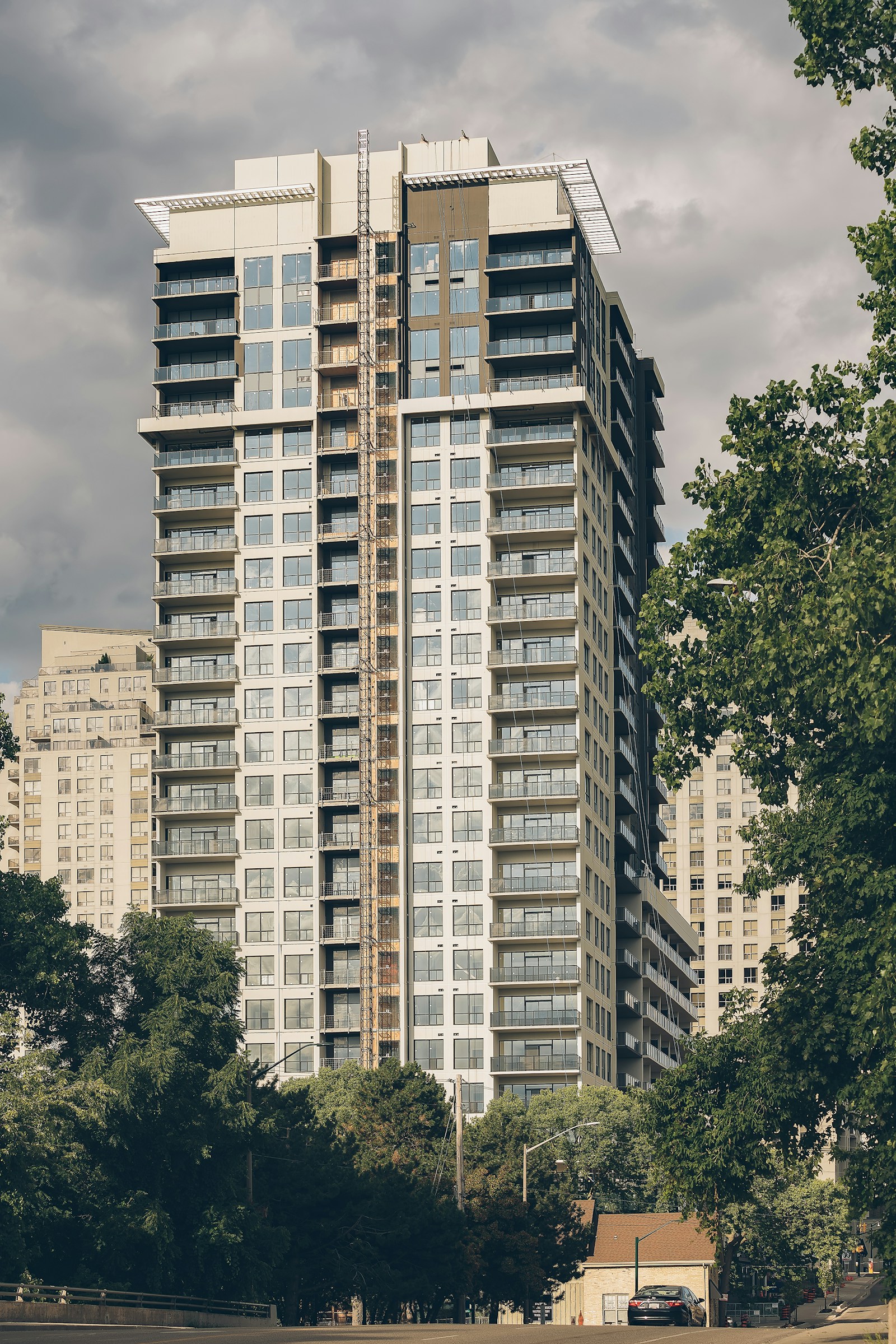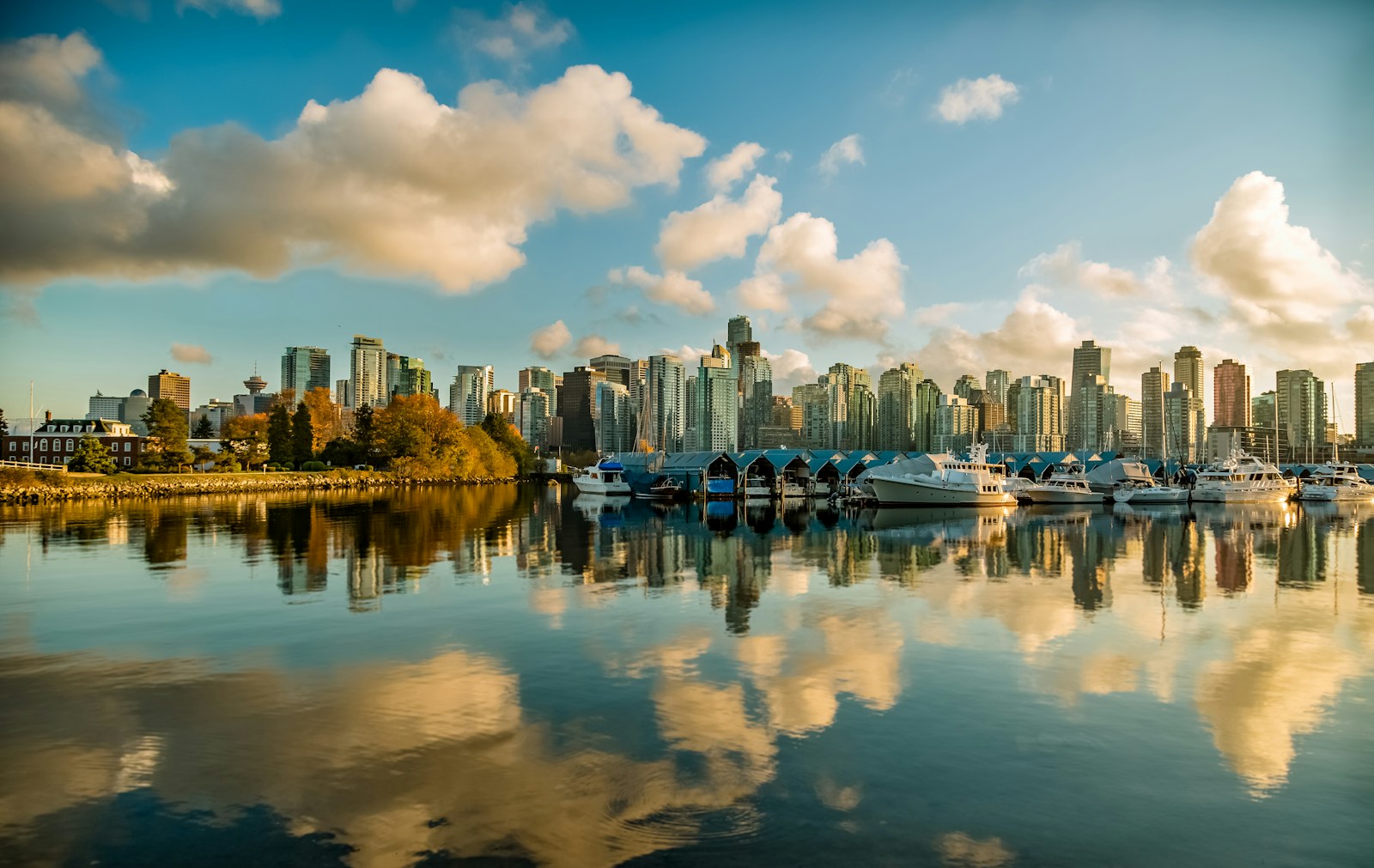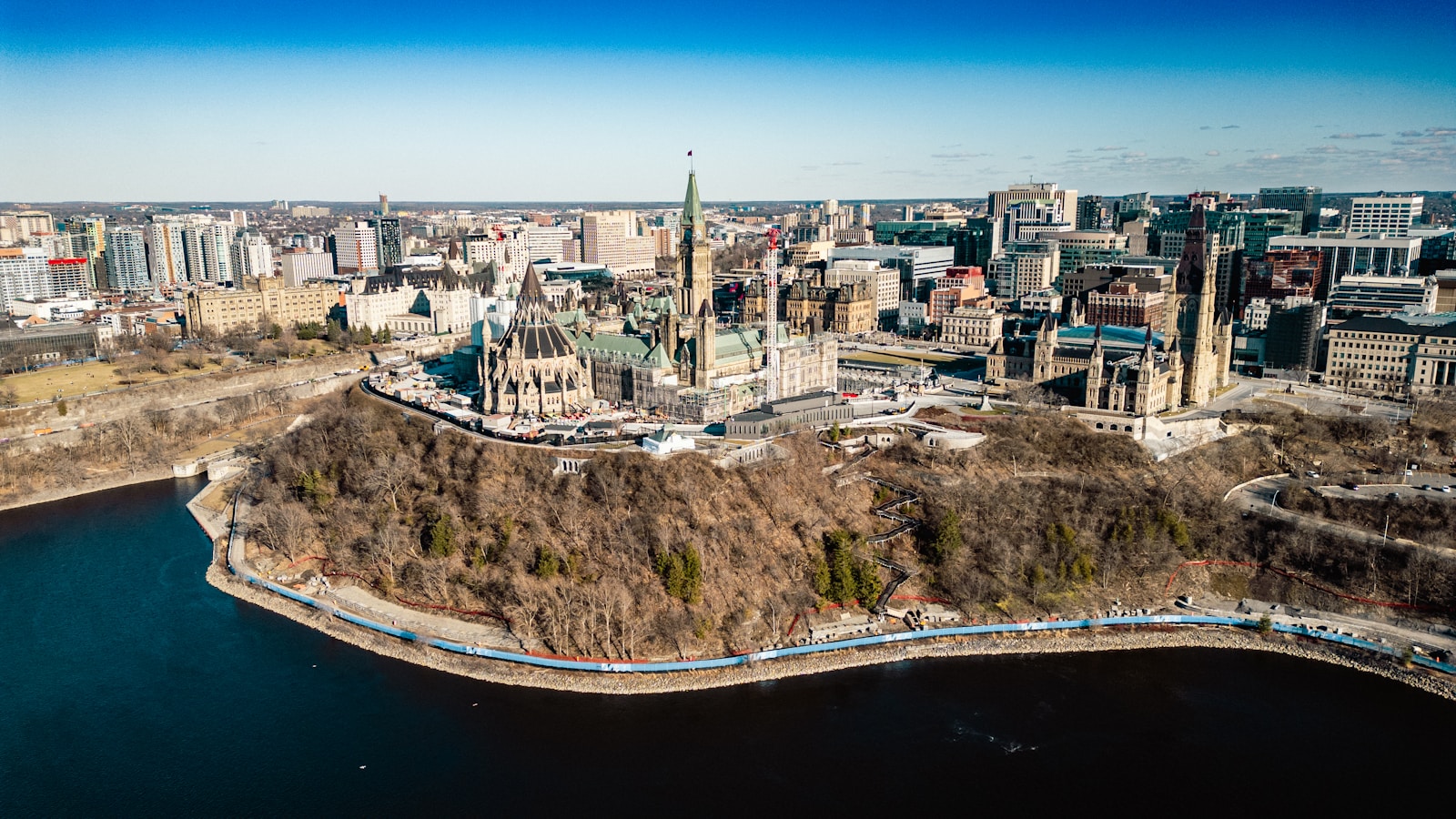Introduction – Finding the Right Place to Call Home While You Study
As a student at the University of Ottawa or Carleton University, finding the right place to live can shape your entire college experience. From walkability to affordability and safety, Ottawa offers a range of neighborhoods that suit every kind of student. Whether you're looking for a quiet study spot, a social hub, or something in between, this guide breaks down the best off-campus areas to consider in 2025.
Why Students Love Ottawa
Ottawa is not just Canada’s capital—it’s a student-friendly city known for:
Two major universities within city limits
Extensive public transit (OC Transpo and the LRT)
Safe, diverse, and walkable communities
A growing food, arts, and entertainment scene
Parks, bike trails, and the scenic Rideau Canal
🏫 Best Neighborhoods for uOttawa Students
1. Sandy Hill
Located right next to campus, Sandy Hill is one of the most popular off-campus areas for uOttawa students.
Distance to campus: Walking distance (5–10 minutes)
Housing types: Shared houses, student rentals, older low-rise apartments
Pros: Convenience, walkability, strong student vibe
Cons: Noise, limited parking, competition for space
2. ByWard Market / Lowertown
This vibrant area offers a mix of nightlife, restaurants, and cultural energy.
Distance to campus: 10–15 minutes by foot
Housing types: Condos, walk-ups, studio rentals
Pros: Entertainment, shopping, transit access
Cons: Higher rent, more distractions
3. Centretown
Slightly farther but well-connected, Centretown is great for those who want access to both school and the downtown core.
Distance to campus: 15–20 minutes by transit or bike
Housing types: Apartments, condos, shared houses
Pros: City feel, walkability, LRT access
Cons: Higher cost, less student-oriented
📚 Best Neighborhoods for Carleton University Students
1. Old Ottawa South
This charming neighborhood borders the Carleton campus and offers a relaxed, residential feel.
Distance to campus: Walking or biking (5–10 minutes)
Housing types: Detached homes with rental units, basement suites
Pros: Quiet, green spaces, near Lansdowne Park
Cons: Fewer budget rentals, family-oriented
2. Glebe
Trendy and vibrant, The Glebe is a top pick for students with a slightly bigger budget and appreciation for community life.
Distance to campus: 10–15 minutes by bike or transit
Housing types: Townhomes, rentals, shared houses
Pros: Cafés, events, transit, close to downtown
Cons: Competitive rental market
3. Heron Park / Alta Vista
Affordable and quiet, this area is a hidden gem for students with vehicles or those who want more space.
Distance to campus: 10–15 minutes by transit or bike
Housing types: Apartments, townhouses, basement units
Pros: Lower rent, quiet streets, close to Mooney’s Bay
Cons: Less walkable, fewer nightlife options
💡 Student Housing Tips for 2025
Start your search early: The best listings near campus go fast—start looking in March or April for fall leases.
Use student housing boards: uOttawa and Carleton both have housing portals and Facebook groups.
Understand lease terms: Some units require 12-month leases, even if you're away for the summer.
Consider transit routes: Proximity to the LRT or major bus routes makes life easier if you’re further from campus.
Inspect in person if possible: Pictures don’t always tell the full story. Tour before you sign.
Frequently Asked Questions
Q: Is it cheaper to live near Carleton or uOttawa?
Carleton students often find more affordable options in Old Ottawa South and Heron Park. uOttawa’s Sandy Hill tends to be more competitive and pricey.
Q: Is it safe to live off campus in Ottawa?
Yes. Ottawa is one of Canada’s safest cities, and most student-heavy neighborhoods have strong community support.
Q: Can I rent with roommates?
Absolutely—many students rent shared houses or split apartments to reduce costs.
Q: Are utilities included in student rentals?
Sometimes. Always clarify what’s included before signing your lease.
Q: Do landlords prefer students?
Many landlords near campuses specifically target students and offer leases aligned with the academic year.
Conclusion – Study Smart, Live Smart
Living off-campus in Ottawa gives you independence, flexibility, and the chance to truly experience city life. Whether you're at uOttawa or Carleton, there are great neighborhoods that offer safety, convenience, and community. Take the time to explore your options, know your budget, and find the space that supports your studies and your lifestyle.


